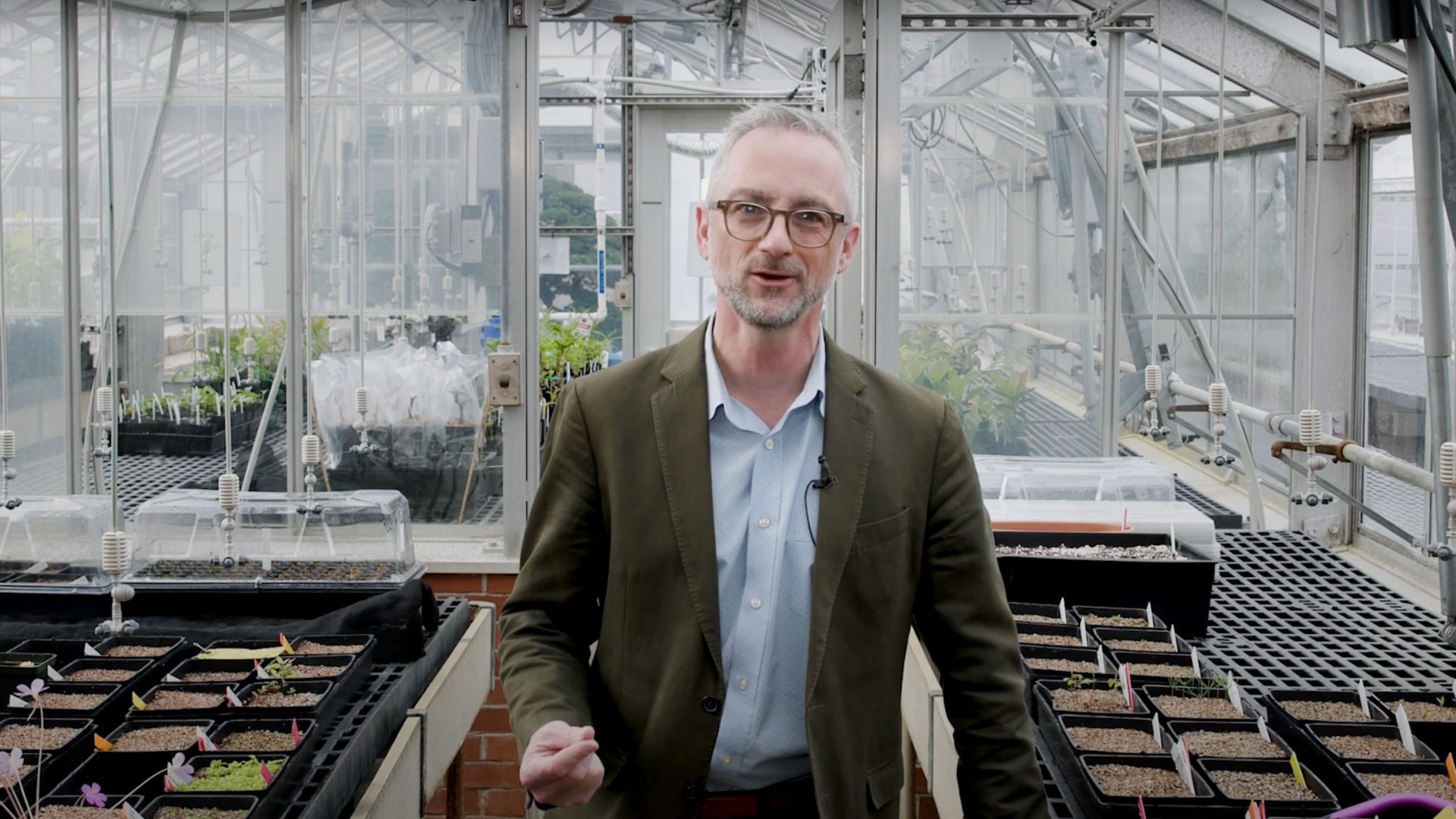Climate
Climate Action
The Harvard community is rising to the challenge of protecting our planet. Across all of our Schools we are advancing research to create real-world climate solutions.
In this free online course, Harvard Chan School explores how global warming impacts human health and the ways we can diminish those impacts.
Creating positive change
Students and faculty all over Harvard are addressing climate change in all its facets.
Marcos Barrozo
While at Harvard, Marcos compiled vast amounts of data on cattle land use to understand the structure and incentives of the Brazilian cattle industry and its impact on emissions.
Hannah Nesser
At NASA’s Jet Propulsion Lab, the SEAS alum uses data from satellites to monitor and quantify carbon dioxide emissions through a mathematical framework.
Michael Ashley Stein
As the executive director of the Harvard Law School Project on Disability, Michael urges researchers to include people with disabilities in climate planning, policies, and responses.

Michael Dosmann
The Keeper of the Living Collections at the Arnold Arboretum of Harvard University explains how the Arboretum collects, preserves, and nurtures its living collection in the face of increasing threats to plant life.
Feeling the heat
Harvard researchers are working to understand how to address hotter summers and more erratic weather patterns.
How a warming climate wears on the skin
As smoke from wildfires in Quebec drifted south, dermatologist Arianne Shadi Kourosh noticed an unusual pattern: a spike in the number of patients with eczema and dermatitis flares.
Health implications of extreme heat on vulnerable populations
Researchers found links between extreme heat and stroke mortality, as well as Alzheimer’s and other dementia related diseases.
The impact heat has on young children
Research highlights the dangers of rising temperatures on toddlers and infants’ development and health.
A warming Arctic reduces dust levels in other parts of the planet
A team of researchers found that the decrease in dust can be attributed to the Arctic warming much faster than the rest of the planet, a phenomenon known as Arctic amplification.
Why some people aren’t suited for the cold (or heat)
Climate change could speed the next wave of mass migration as people cope with and adapt to a warming world.
The cost of staying cool
Air conditioning demand is expected to soar by up to 40% by 2030. A Harvard startup has set out to drastically reduce the energy needed to keep us cool.
The fight with fire
The impact of recent wildfires all across the U.S. is being felt by millions of people. From concerning longterm health implications, increasing insurance costs, and the economic toll, experts are still learning about how wildfires will play a role in our future.
In response to this, the Harvard Chan School recently announced that it will be participating in an unprecedented collective scientific effort to understand the short- and long-term health impacts of wildfires. The 10-year study will include researchers from four universities and will focus on the Los Angeles fires.
Wading in the water
The Harvard community is exploring ways to keep our water clean, our farms irrigated, and our towns and cities unflooded.
Flooding and drought
Flooding in coastal communities and droughts in already dry regions are threatening homes, food, and economies. Harvard researchers are exploring ways to address, intervene, and adapt to these changes.
Harvard’s LabXchange explains how ocean warming can impact flooding
Keeping our waters healthy
With more harmful chemicals polluting our waters, Harvard scientists are studying solutions like better prevention methods, bacteria that can eat plastic pollutants in our water, and bacteria that can capture and remove CO2 from our oceans.
Harvard’s LabXchange explains the detrimental effects of ocean acidification
A broader view of change
Climate change’s effects and solutions can be found in many different corners of our world.

- Thinking
Can philosophy help us to navigate the ethics of climate change mitigation?
Can philosophy help us to navigate the ethics of climate change mitigation?- Reading
Exploring fiction as a way to learn about, cope with, and address climate change

- Understanding
Expanding compassion and mercy to include more of the planet

- Protecting
Improving the disproportionate climate hazards for those who are incarcerated

- Improving
Understanding why women in decision-making groups increase climate policy effectiveness

- Reckoning
Addressing the reality of loss while maintaining hope

You may also like




